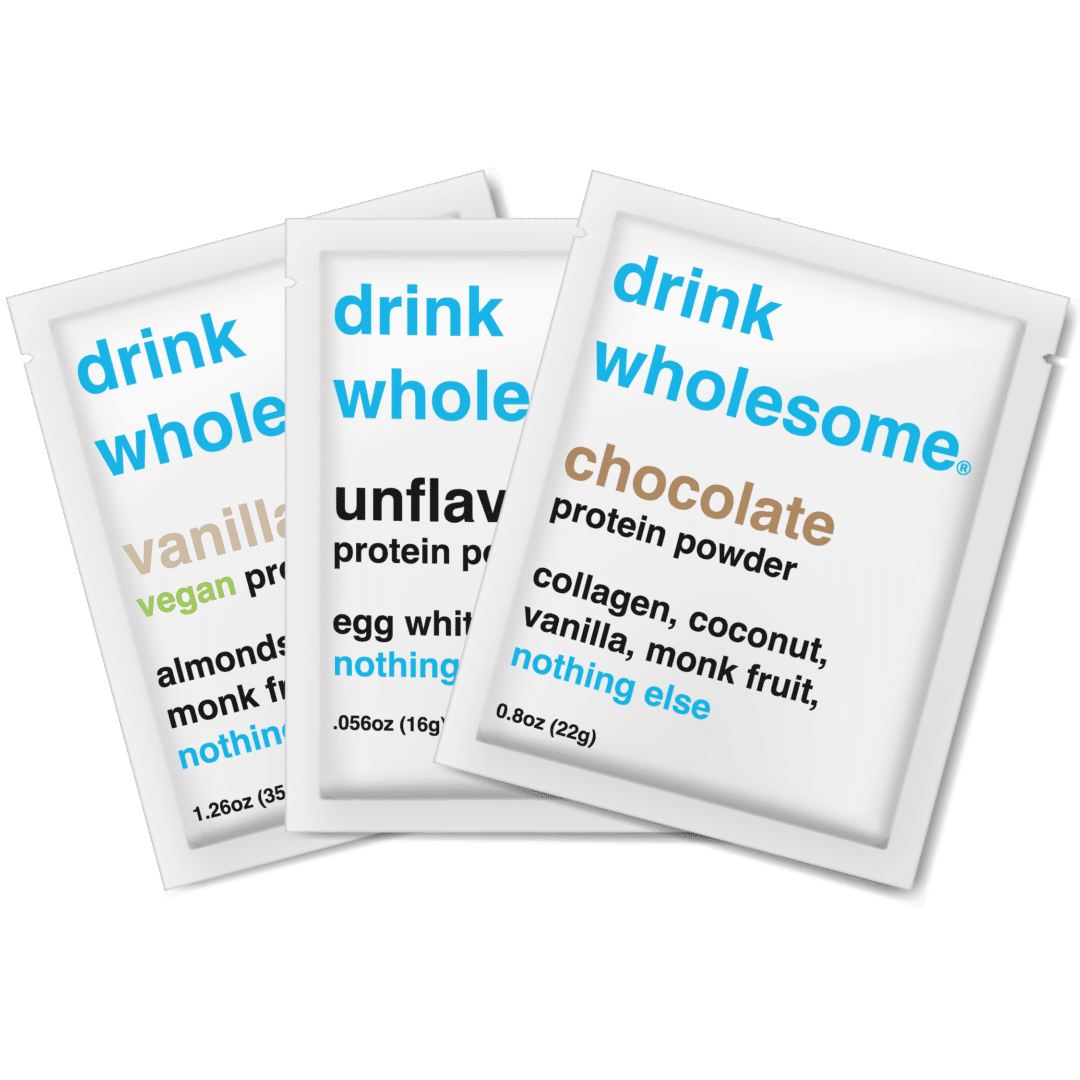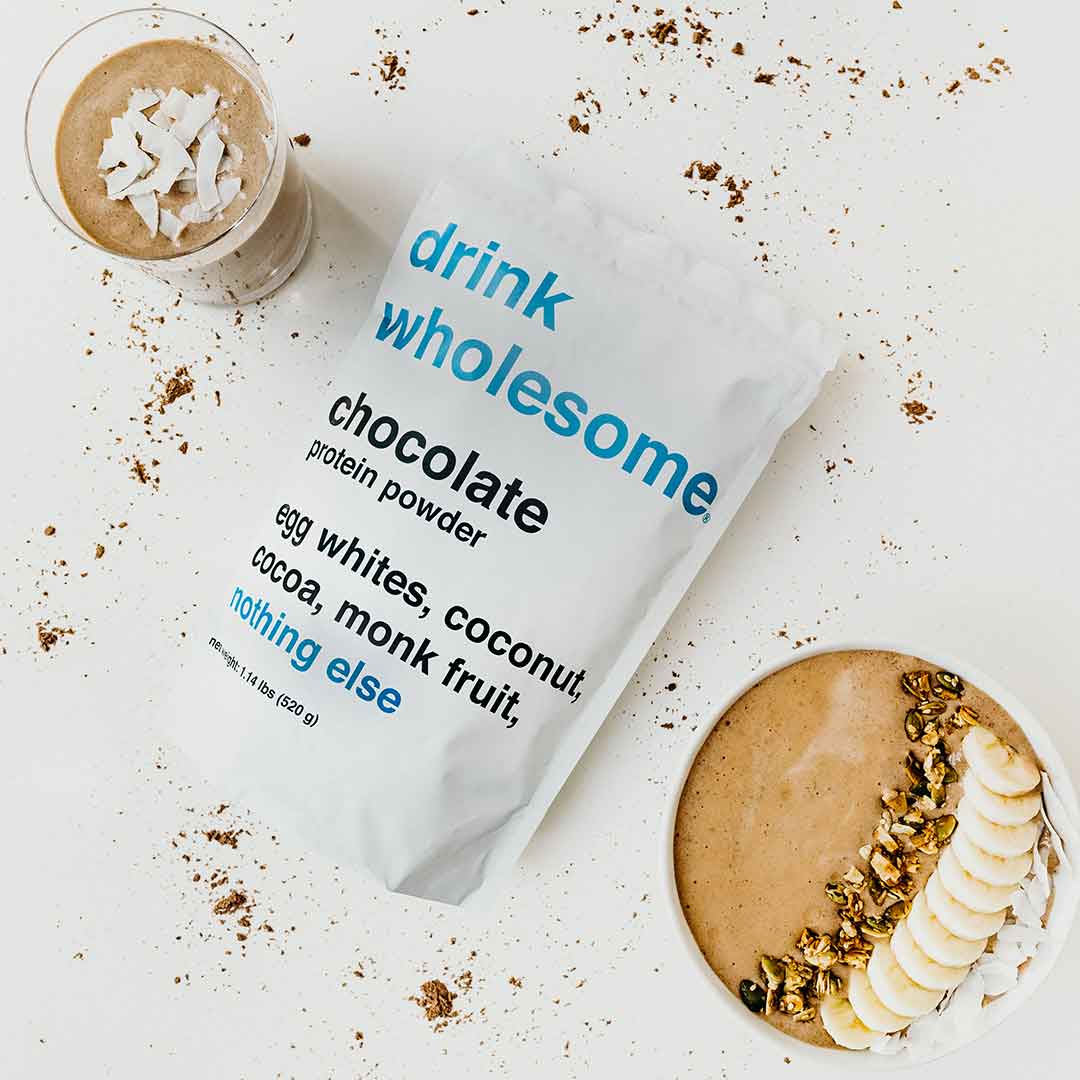What is the best protein powder for multiple sclerosis?
Most protein powders are not safe for individuals with multiple sclerosis because they contain ingredients known to cause gut damage. Emulsifiers, stabilizers, thickeners, sweeteners, and flavors are a few examples of ingredients found in protein powder than can disrupt the composition and function of the gut microbiome – the collection of microorganisms that help you digest food. What does this matter?
In addition to helping with digestion, the gut microbiome also plays important roles in both the maintenance of health and the pathogenesis of disease thanks to a pathway between the gut and the brain known as the gut-brain axis. This bidirectional communication network has become the subject of considerable research in recent years, and preliminary human studies have found that a dysbiotic (damaged) gut microbiome might affect the progression of multiple sclerosis. In summary, what you eat (what is in your protein powder) might impact the development of multiple sclerosis. If this is not a good reason to read ingredient lists, I do not know what is.
Individuals with multiple sclerosis, should therefore stick to protein powders made with a short list of simple ingredients. Anything that does not look or sound like real food probably is not, and should not be in your protein powder. Keep reading to learn more.
One of the reasons why we make the best protein powder for multiple sclerosis patients is that we do not use food additives. Even in small amounts, additives can cause an array of undesirable symptoms including bloating, constipation, diarrhea, flatulence, and stomach pain. These symptoms occur because additives, unlike real foods, are hard to break down. This can lead to two possible outcomes: either water is drawn into the gut, resulting in diarrhea, or the additives feed your gut bacteria, which produce gas. Excessive gas can cause bloating, flatulence, stomach pain, and may even hinder the movement of food through the colon, culminating in constipation.
The real reason to avoid food additives, however, is their long-term side effects. Over time, additives gradually disrupt vital regulatory pathways within the intestines, thereby contributing to the development of inflammatory bowel disease (IBD) and other systemic inflammatory disorders. Given that multiple sclerosis is a chronic, inflammatory disease, this is reason for concern. As you just learned, ongoing research also suggests that food additives, particularly artificial sweeteners, can disturb the delicate balance of the gut microbiome and impact long-term gut health.












